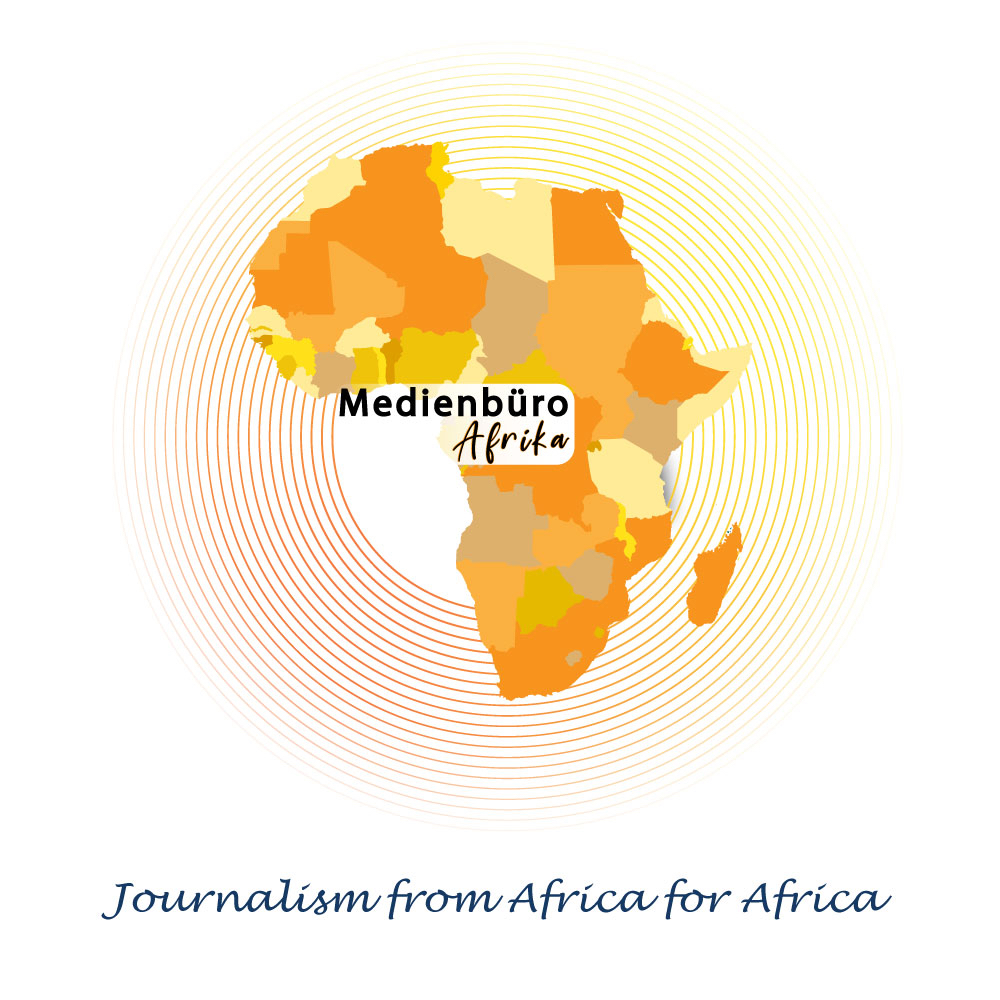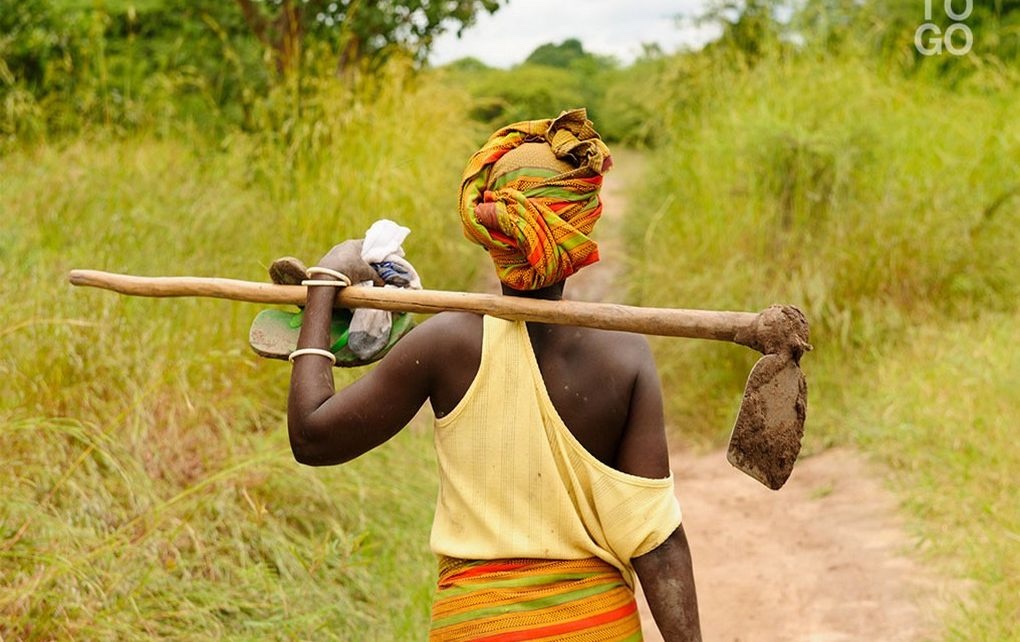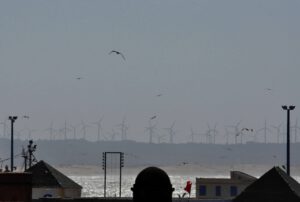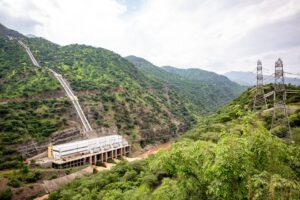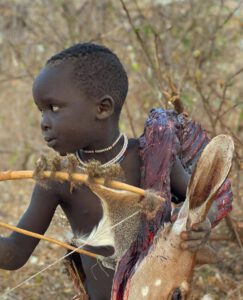New ideas for Togo with Lambert Nayante
I met Lambert Nayante about 10 years ago. Back then, we did an article on Jatropha in Togo, West Africa. This was published in the thriving renewable energy newspaper market by the international edition of Sun Wind and Heat. Now Lambert has contacted me again and told me about his plans.
Togo was a German colony in West Africa on the Atlantic Ocean until 1916. Then came a League of Nations mandate and a period as a United Nations Trust Territory under French administration. There was pressure and unrest under the Eyadema presidential family.
The country is one of the smaller ones in Africa. It has an extension in tropical latitudes of about 550 kilometres. It is about 50 to 140 kilometres wide in east-west direction. Things are not going well in the highly indebted country.
When I ask Lambert about it, he answers in excellent German that this is normal for Africa on its way to democratisation. For the Togolese, it is a representative example for the whole of Africa that after an election the loser speaks of electoral fraud. Lambert: “I am not a politician and I am not in any party. I work in the agricultural and investment sector. My aim is to help farmers produce not just one tonne per hectare but 4 to 5 hectares.” Lambert believes this is essential because the population is growing rapidly. We have arrived at the new project. Well, my understanding of democracy is different. Trump has acted in a similar way, which is a pity.
The issue of jatropha was not unproblematic for me at the time. The plant is used for biodiesel production based on renewable raw materials in South America and Africa. However, the cultivation of jatropha is controversial because it competes with food. Lambert’s new project goes in a different direction. Jatropha is the basis for biological plant protection products, according to him.
The small producers in Africa do not manage to cultivate more than 1 hectare with a hoe, much bush land lies fallow. Yet about
3.2 million hectares would be available. It is urgently necessary to cultivate them, because in 20 years, twice as many people will have to be fed in Togo. Therefore, the government has made an agreement with the farmers that they will provide the land they cannot cultivate in a kind of lease. Then the government came to me, Lambert says, because I have the know-how that I also acquired in Germany and gave me the task of cultivating the land ecologically.
Lambert took care of the soil preparation systems from the agricultural machinery manufacturer Class from Harsewinkel in Germany. Small bushes are worked into the humus layer of the soil so that a humus layer is created and the land is cultivated for food.
This land is then distributed to the farmers again. I ask about the ecological benefits and Lambert says that there is no slash-and-burn agriculture and that forests must not be cut down. This type of farming would create up to 500 000 new jobs in mechanical farming in the next few years.
Contact:
Lambert D. Nayante
dameto08@yahoo.com
